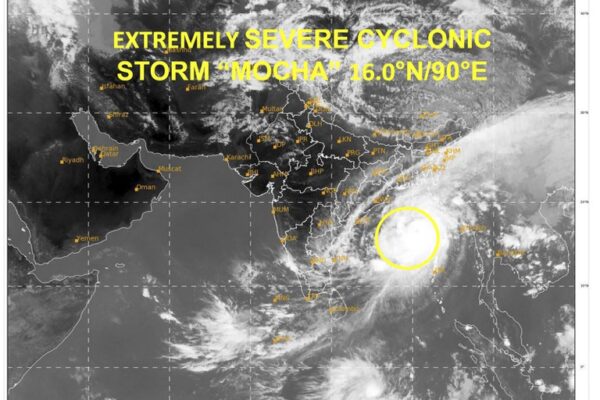
Republicans pummel top officials over China policy at Senate hearing
Republicans ripped into Cabinet officials during a Senate Appropriations Committee hearing on efforts to enhance U.S. security measures and the nation’s ability to compete with China. Three Cabinet members defended President Joe Biden’s budgetary request. The presence Secretary of State Antony J. Blinken, Defense Secretary Lloyd J. Austin III and Commerce Secretary Gina Raimondo, a rare triple act, showed the importance of China policy for the White House. Biden administration officials have asked members of Congress for $842 billion in defense spending for the next fiscal year, in part to deter the threat of a potential military conflict with China. This year’s budgetary request is 3.2% more than the one made last year, and approximately 13% higher than the year before that. Sen. Lindsey Graham, a Republican from South Carolina, said during the hearing that the president’s budget was inadequate to counter the threat from China, however. He said the proposed budget did not include enough funding for the Navy or other branches of the military. Overall, the budget proposal was a sign of the president’s weak approach to China, said Graham. He used an expletive to describe his assessment of the president’s policy: “This idea that we have a strong China policy is a bunch of [expletive].” Secretary of State Antony Blinken [left] speaks with Sen. Lindsey Graham, R-S.C., before a Senate Appropriations hearing on Capitol Hill in Washington, Tuesday, May 16, 2023. Credit: Associated Press Another Republican member of the committee, Sen. Jerry Moran of Kansas, said during the hearing that he has been disappointed in the president’s record on trade agreements such as the Trans-Pacific Partnership. In contrast, Moran said, China has been aggressively pursuing trade agreements and gaining a competitive advantage. Tensions between the U.S. and China have escalated in recent months, as both the witnesses at the hearing and the Republicans on the committee agreed. Austin described China’s “bullying and its provocations” in the Indo-Pacific region. U.S. military leaders are now trying to beef up their forces in order to defend Taiwan, if it becomes necessary, and to defend the island nation against the Chinese military. “The United States will soon provide significant additional security assistance to Taiwan,” he said. Earlier this month, as Reuters reported, Biden White House officials had agreed to send $500 million worth of weapons aid to Taiwan. Competition with China Commerce Secretary Raimondo said the president’s proposed budget includes resources that are “critical for national security.” She warned about the danger from Beijing, saying that, “China is doubling down on its competitiveness with the U.S.” Senate Democrats on the spending panel sought to use the threat to frame the broader budget debate in Washington, as the White House and congressional Republicans remain at an impasse in negotiations to raise the nation’s debt limit. Biden and House Speaker Kevin McCarthy, a California Republican, met again Tuesday to negotiate an extension without success. According to estimates, the U.S. government could run out of money to pay its bills in two weeks. Senate Appropriations Committee Chairwoman Patty Murray, a Democrat for Washington state, warned that steep budget cuts of the kind House Republicans are pushing, even if they wouldn’t come from the Pentagon, would hand China an edge as it tries to supplant the United States as the dominant world power. “China is not debating whether to pay its debt or wreck its economy,” Murray said.






